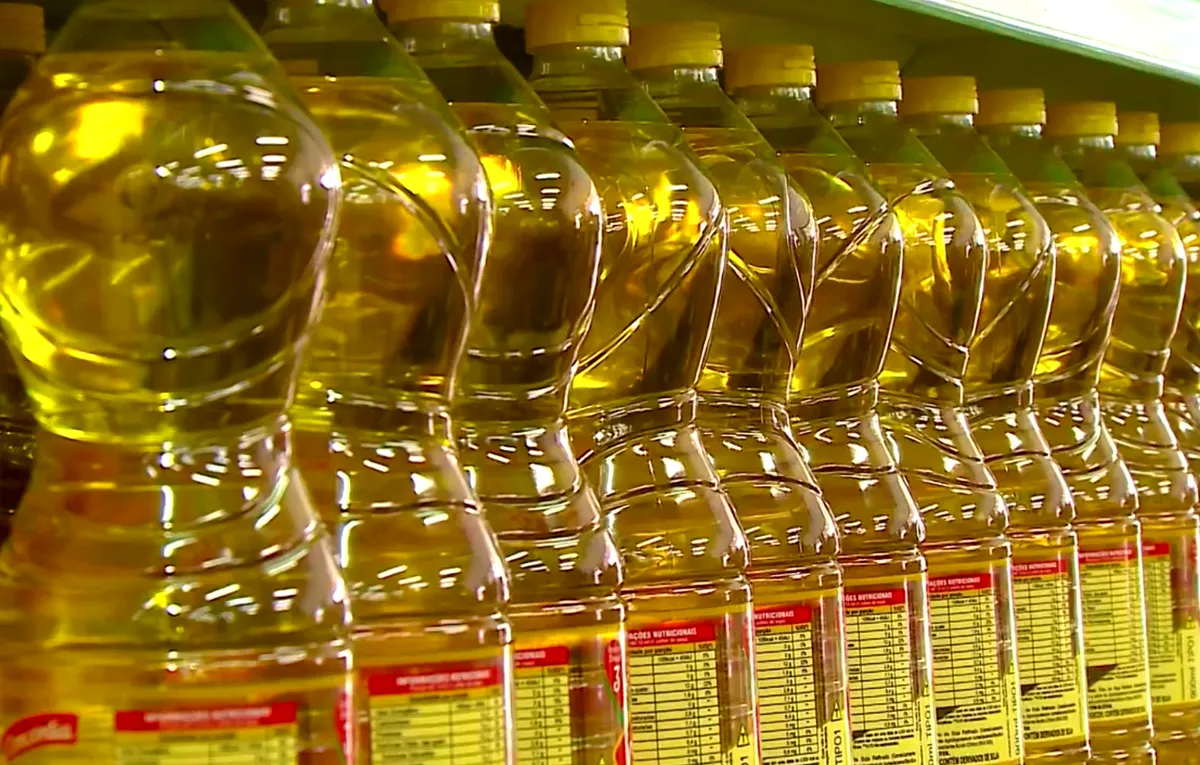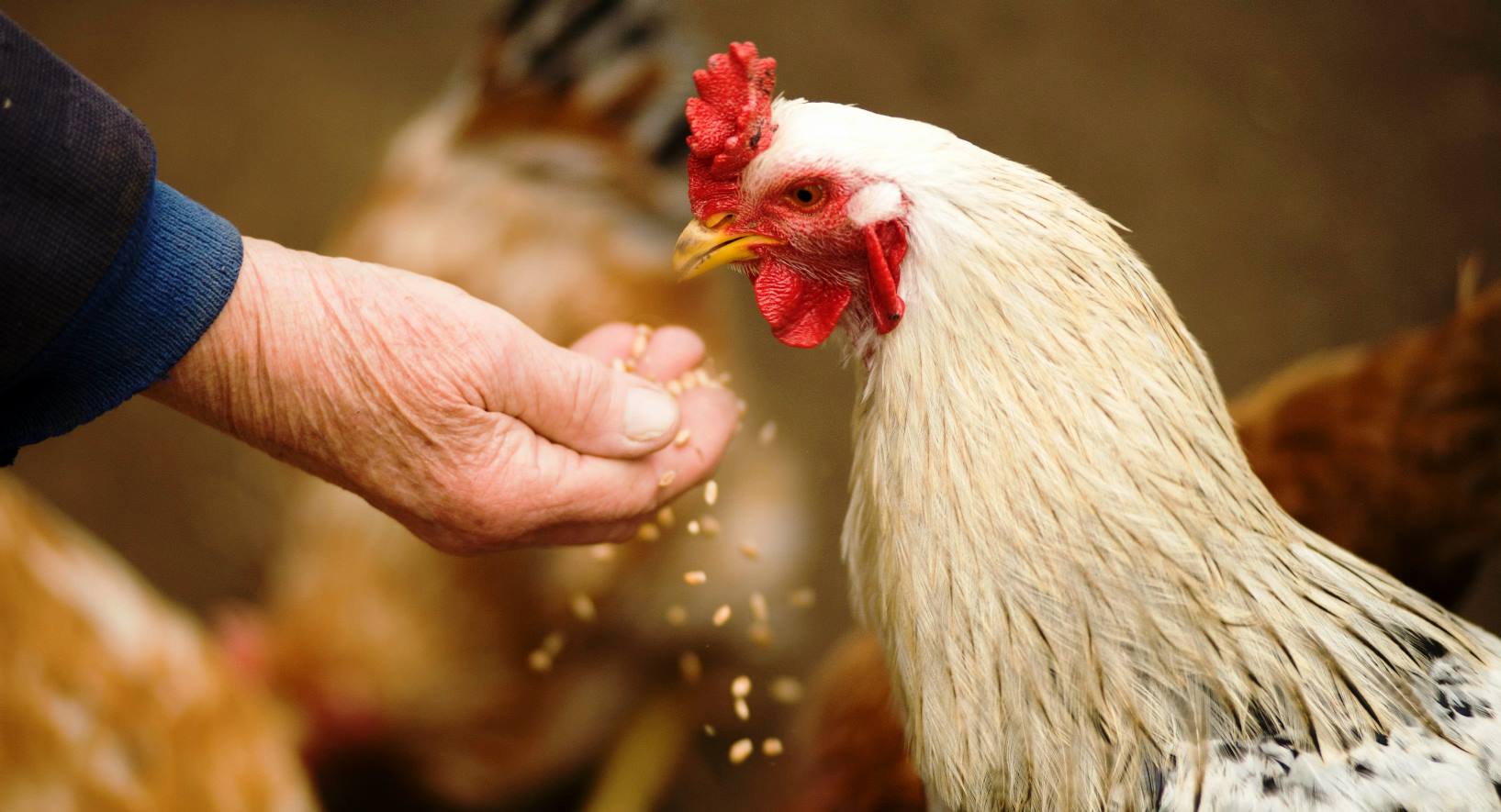
Did you know that 1 out of every 4 steaks consumed worldwide comes from Brazil?
With a herd of over 230 million cattle, favorable climate, and cutting-edge technology, Brazil has established itself as the world’s largest beef exporter. But in such a vast market, how can you ensure you’re buying from reliable suppliers, with premium quality and sanitary compliance?
If you’re an international meat importer, you know that choosing the right supplier can mean the difference between:
⇒ Profiting from a high-demand product or facing losses due to rejected shipments.
⇒ Keeping customers satisfied or dealing with complaints over inconsistent quality.
⇒ Speeding through customs clearance or suffering delays due to missing paperwork.
In this comprehensive guide, you’ll discover:
How to identify the best Brazilian meatpackers (and avoid scams).
Which certifications are essential for risk-free importing.
Logistics strategies to maintain meat quality during transit.
Negotiation tips to secure the best prices and terms.
Keep reading to learn how to import Brazilian meat with safety, quality, and competitiveness!
Contents
Brazil isn’t just the world’s top beef exporter—it’s also a key player in chicken and pork. Here are 5 reasons why importers from over 150 countries trust Brazilian meat:
Over 230 million head of cattle (the world’s largest commercial herd).
Advanced genetics: Breeds like Nelore and Angus ensure tender, well-marbled meat.
Natural feeding: Most cattle are grass-fed, adding value in premium markets.
Federal Inspection System (SIF): All export-approved slaughterhouses are inspected daily.
Low antibiotic use: Brazil bans hormones and strictly regulates veterinary drugs.
Attractive cost-benefit: Due to economies of scale, Brazil offers lower prices than the U.S., Australia, and Europe.
Wide range of cuts: From popular Picanha to ribeyes for the U.S. market.
Strategic ports (Santos, Paranaguá, Rio Grande) with routes to Asia, Europe, and the U.S.
Specialized refrigerated fleet to maintain an unbroken cold chain.
Halal and Kosher certifications for Muslim and Jewish countries.
Growing organic and sustainable production.
Latest Data (2024):
♦ Brazil exported 2.2 million metric tons of beef in 2023 (ABIEC).
♦ China bought 60% of this volume, followed by the U.S. and EU.
| Certification | Why It Matters |
|---|---|
| SIF (Federal Inspection Service) | Proves the slaughterhouse meets Brazilian standards. |
| HACCP / ISO 22000 | Ensures food safety across the supply chain. |
| Halal / Kosher | Essential for Islamic and Jewish markets. |
| Approval from Your Country | E.g., USDA for the U.S., DEFRA for the UK. |
Warning! Some suppliers try to sell non-SIF meat to informal markets. Always verify on the Brazilian Ministry of Agriculture (MAPA) website.
Individual cattle tracking (from birth to slaughter).
Lab reports proving no residual contaminants.
Request samples to evaluate:
Marbling (intramuscular fat).
Color and texture (avoid dark or overly wet meat).
Packaging (vacuum-sealed to prevent oxidation).
Most common INCOTERMS:
FOB (Free On Board) – You cover freight and insurance.
CIF (Cost, Insurance, Freight) – Supplier handles shipping.
Protect the cold chain! Require temperature logs during transit.
Do you already export to my country? (Experience speeds up customs clearance).
Can I audit the slaughterhouse? (Good suppliers allow inspections).
How long between slaughter and shipping? (Ideal: under 7 days).
Brazilian meat is among the most sought-after in the world, but requires careful supplier selection. By following this guide, you’ll minimize risks and ensure:
♦ Consistent quality for your customers.
♦ Compliance with your country’s regulations.
♦On-time delivery, with no surprises.
Next Step:
Download the Brazilian Meat Exporters Guide with 100 companies listed with contact information and a catalog of export products.
Mello Commodity publishes educational articles that aim to guide importers of agricultural commodities on: Brazilian crops, market information, prices, scams, etc.
Some articles may contain affiliate links that provide access to several SUPPLIER GUIDES for Brazilian agricultural commodities. The commission paid to the Mello Commodity team is used to cover production costs and will not impact the cost of acquiring the material.
If you are interested in negotiating the direct import of sugar, soybeans or yellow corn, simply click on the Quotation menu and send us your order details.

Brazilian, graduated in Marketing, Specialist in Service Management and Strategic Communication.
Important International Negotiator in the commercialization of Brazilian agricultural commodities such as: Sugar, Soybeans and Corn.
Owner of Mello Commdity, she has gained great prominence on the internet in recent years by promoting educational articles for importers of Brazilian agricultural commodities.
#beef #brazilian beef #brf #chicken #Export Brazil #Food companies #guide suppliers #Halal Chicken #halal meat #import-brazilian-meat-suppliers #jbs #List Suppliers #marfrig #Meat Exporters #meat wholesalers #Perdix Chicken #perdix chicken franks #pork #Sadia Halal #Seara Chicken #Suppliers List in Brazil #wholesale meats
 Bangladesh Sugar Imports: A Global Success Case Study
Bangladesh Sugar Imports: A Global Success Case Study Coup plotters are everywhere in international trade. Protect your international businesses with the Agricultural Commodities Suppliers Guide
Coup plotters are everywhere in international trade. Protect your international businesses with the Agricultural Commodities Suppliers Guide Oil Exporters in Brazil – Business Opportunities and Global Markets
Oil Exporters in Brazil – Business Opportunities and Global Markets Avian Influenza in Brazil: What You Need to Know in 2025
Avian Influenza in Brazil: What You Need to Know in 2025